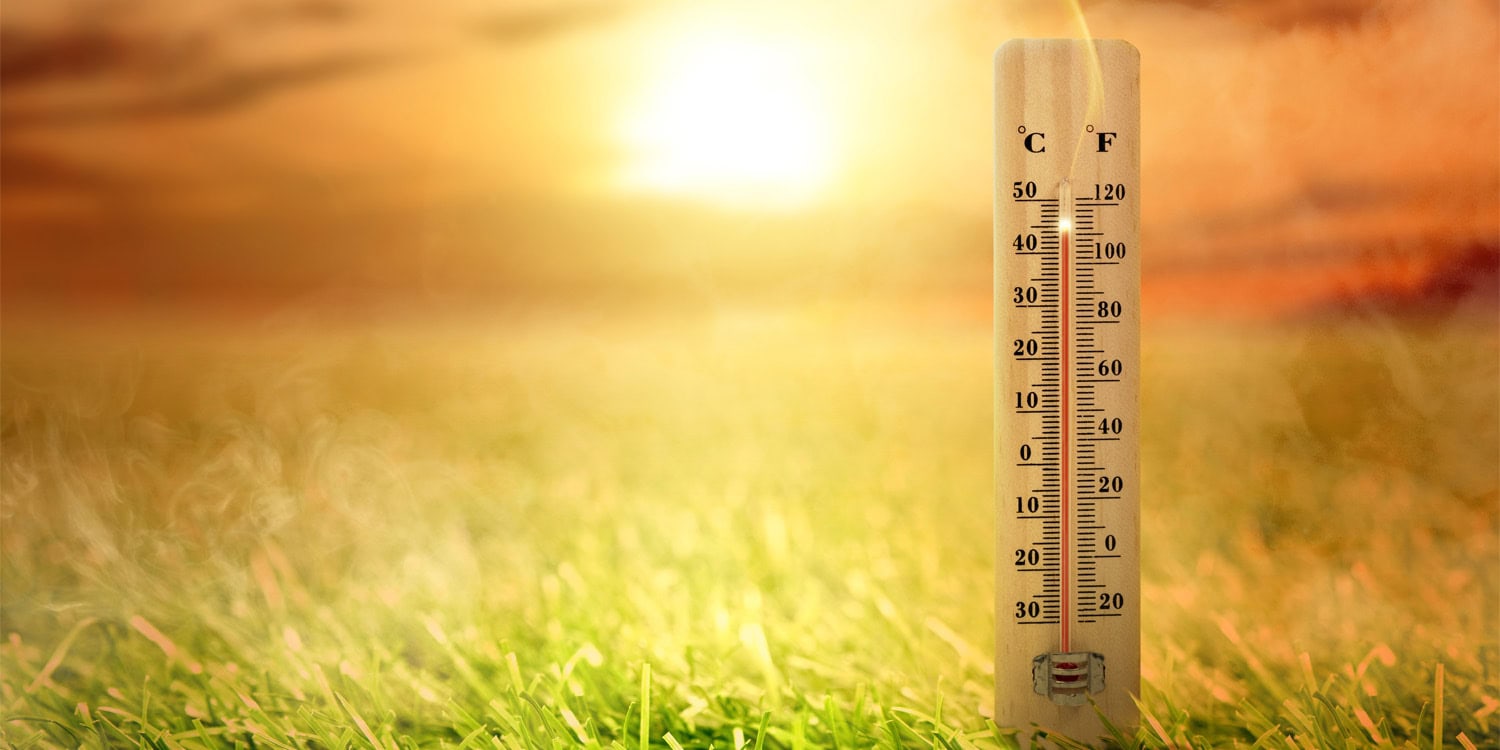As global temperatures continue to rise, so too does the urgency of understanding how people form their beliefs about climate change. A recent study published in the Journal of Environmental Psychology explores a link between personal experiences of temperature anomalies and the likelihood of believing in climate change conspiracy theories. The findings indicate that people who experience hotter-than-usual temperatures are less likely to believe in climate change conspiracy theories.
Previous research has established that local weather conditions can influence how concerned people are about climate change. For instance, hotter-than-usual temperatures can lead to increased concern, more frequent discussions about climate change, and even actions supporting climate mitigation. This phenomenon is often referred to as the “local warming effect.”
However, what has remained unclear is whether these temperature anomalies can also reduce belief in climate change conspiracy theories. Conspiracy theories about climate change go beyond mere skepticism—they often involve complex narratives suggesting that climate change is a fabricated hoax designed to manipulate the public. The researchers aimed to explore whether personal experiences of extreme weather events, such as unusually hot temperatures, could alter these beliefs.
“I am curious about how changes in the physical environment would affect people’s beliefs about climate change, particularly those who consider it a hoax. As extreme weather events become more frequent, it is crucial to understand how people psychologically respond to them and how their experience of these events would change their thoughts about climate change,” said study author (William) Hoi-Wing Chan, an assistant professor at The Hong Kong Polytechnic University
The study was conducted using a two-wave longitudinal design, meaning that participants were surveyed at two different points in time to observe changes in their beliefs. The researchers collected data from adults in the United States and mainland China — two regions that have experienced significant heat waves in recent years. In addition, these two countries were chosen for their contrasting political climates — while climate change is a highly politicized issue in the United States, it is less so in China.
The study involved 1,003 adults from the United States and 1,000 adults from mainland China. Participants were surveyed twice: first in late August and early September 2022, after experiencing the summer, and again in early January 2023, following the winter season. This timing enabled the researchers to capture the participants’ experiences of temperature anomalies during two distinct seasons.
The researchers found that participants who perceived their summer as being hotter than usual were less likely to believe in climate change conspiracy theories, both at the time of the survey and several months later. This suggests that when people experience weather anomalies firsthand, they may become more skeptical of the idea that climate change is a hoax. This effect was particularly strong among participants in the United States.
Interestingly, this effect was not as pronounced when objective measures of temperature were used. In other words, the actual deviation from average temperatures did not significantly impact beliefs in climate change conspiracy theories. This highlights the importance of subjective experience—how people perceive and interpret their environment—over objective reality in shaping beliefs.
The researchers also explored how psychological distance—the perceived proximity of climate change—played a role in shaping beliefs. They found that participants who felt that climate change was closer to them geographically, socially, or temporally (in the near future) were less likely to believe in climate change conspiracy theories.
This perception of proximity appeared to mediate the relationship between experiencing a hotter summer and reduced belief in conspiracy theories. In other words, when people felt that climate change was directly affecting them, they were more likely to reject the idea that it was a hoax.
Negative emotions toward climate change also played a role. Participants who reported stronger feelings of fear, anxiety, or concern about climate change were less likely to believe in conspiracy theories. These emotions seemed to act as a protective factor against the influence of conspiracy narratives, perhaps because they heightened participants’ awareness of the seriousness of the issue.
“One major implication of our findings is that people’s beliefs about climate change conspiracy theories are not fixed,” Chan told PsyPost. “Such beliefs could be malleable to their subjective experience of the external physical environment. Our results imply that the happening of extreme weather events would be a crucial opportunity for scientists to educate and inform the public about climate science.”
A surprising finding was related to the role of conspiracy mentality. The researchers initially hypothesized that people with a strong tendency to believe in conspiracy theories would be less likely to change their beliefs about climate change, even in the face of personal experience with extreme temperatures.
However, the study found that in some cases, the opposite was true. In the United States, people with a strong conspiracy mentality who experienced a hotter summer were actually more likely to reduce their belief in climate change conspiracy theories. This suggests that personal experiences might have the power to override even deep-seated conspiratorial thinking, at least temporarily.
But the findings were not consistent across all measures and contexts. In the Chinese sample, there was a positive association between experiencing a hotter summer and belief in climate change conspiracy theories among those with a strong conspiracy mentality over time. This unexpected result suggests that the relationship between personal experience and belief in conspiracy theories might be more complex than initially thought and could vary based on cultural or political context.
The study sheds new light on the nature of belief in climate change conspiracy theories. But there are some limitations. For instance, while the study identified associations between temperature experiences and belief changes, the design does not conclusively establish causality, and reverse causality remains a possibility.
“It is important to note that the current study does not yield any causal effect,” Chan said. “All findings reported are correlational.”
The study, “Hotter weather, less of a hoax? Testing the longitudinal association between experience of temperature anomalies and belief in climate change conspiracy theories,” was authored by Hoi-Wing Chan, Xue Wang, Kim-Pong Tam, Ying-yi Hong, and Bo Huang.




